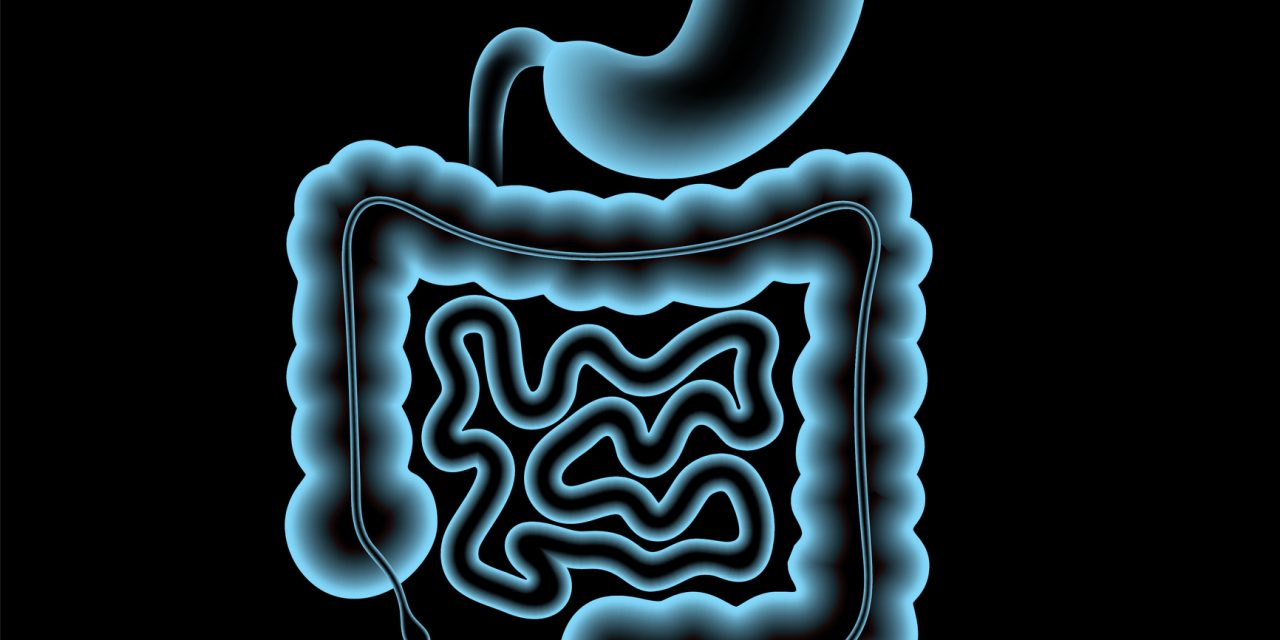The relationship between gastroesophageal reflux disease (GERD) and constipation has not yet been examined in Japan. We herein analyzed the use of laxatives by GERD and non-GERD patients to clarify the relationship between GERD and constipation.
This was a retrospective observational study designed to examine the use of laxatives by GERD and non-GERD patients. A total of 118 patients (mean age 69.7 years, 50 males) with reflux esophagitis (RE) and non-erosive reflux disease (NERD) who received maintenance acid-suppressive therapy for more than 1 year were included in the GERD group (83 RE patients, 35NERD patients). Similarly, 61 patients (mean age 69.4 years, 28 males) who received regular acid-suppressive therapy for reasons other than GERD were included in the non-GERD group. We also investigated demographic factors associated with the onset of GERD, including body mass index (BMI), age, and sex.
The frequency of laxative use was significantly higher in the GERD group (38.1%) than in the non-GERD group (21.3%). No significant differences were observed in dose frequencies between the groups. The type of laxative used also did not significantly differ between the groups. Furthermore, no significant differences were noted in sex, age, or BMI between the groups.
The use of laxatives was significantly more common in GERD patients than in non-GERD patients. The present results suggest that a relationship exists between GERD and constipation.
Relationship between gastroesophageal reflux disease (GERD) and constipation: laxative use is common in GERD patients.


